- Marketing sizing of packaging
- Regulation update and impact
- Drivers of sustainable packaging
Ciaran Little | VP, Global Consulting, Information Division, Smithers
The Packaging Industry is going through serious change. Two of the buzz words we in the industry hear is Innovation and Sustainability. At the Polydime group this was identified quite early in the year 2015 where the model of the organisation was changed from a mere plastic manufacturer to a manufacture of sustainable plastics in line with circularity of plastics. The presentation would highlight the journey of our business over the past decade that defined us in Sri Lanka as an organisation respected for striving to make products that are environmentally positive. This moved has helped us win not just local but global accoladed from the Asian Packaging Foundation and the World Packaging Organisation. Our goal is to challenge others in the packaging industry that sustainable product manufacture is possible. It is shaping the way of the future and will no doubt be critical in terms of new global laws such at EPR that is gathering much momentum. We would say our success has been critical thinking that has led to innovation.
|
|


Ciaran is responsible for delivering Smithers global growth initiatives and supporting Smithers Asian client base.
Ciaran has been working for Smithers for nearly twenty years supporting the packaging, print and paper value chains with key market and technical information in the form of conferences, reports and consulting. Ciaran has worked on winning and delivering a wide range of market consultancy projects to major industry players, recent projects include a global assessment of printing and packaging growth trends and market assessment for a major new product launch for one of the world’s largest packaging converters.
Ciaran has launched and managed many international conferences in this sector including Digital Print for Packaging, SustPack, Specialty Papers and Print Futures.

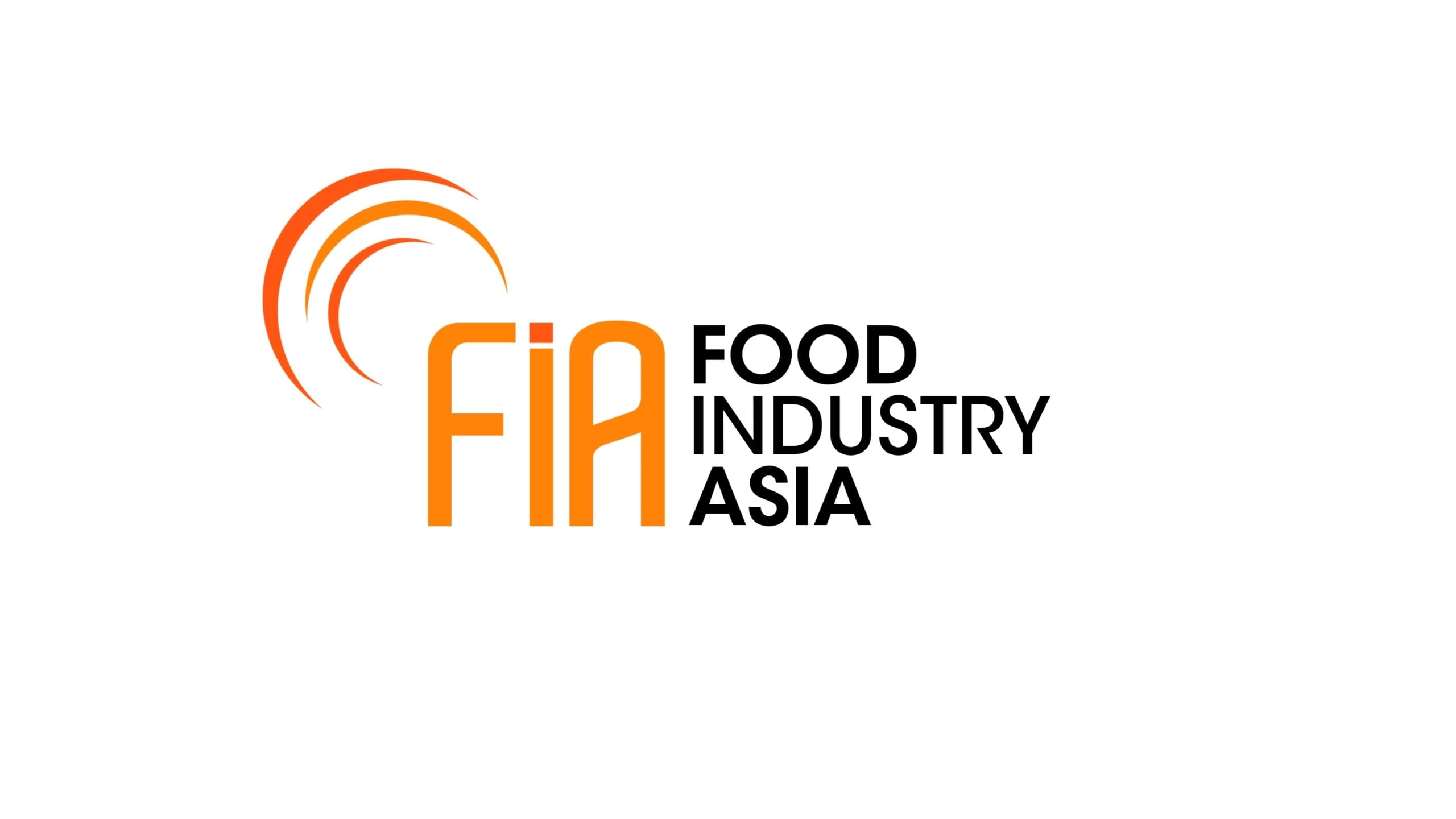
At Food Industry Asia, my role is to provide policy and regulatory advice and insights to the food and beverage companies in Asia. My main area of expertise includes topics such as Recycled Food Contact Materials, Extended Producer Responsibility (EPR) and other key sustainability- related issues impacting the industry.
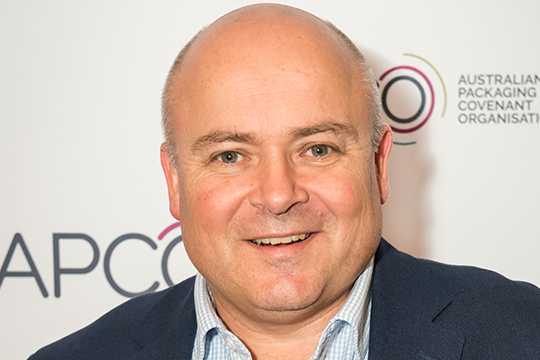

Chris specialises in creating value and positive impact for large, complex businesses and organisations by improving the sustainability of their operations, products, packaging, and supply chain.
His experience includes driving system changes to deliver sustainability, product stewardship and corporate reputation outcomes in Australia, New Zealand, Asia, and the US.
Prior to joining APCO in August 2022, Chris led strategic and transformational change in environmental sustainability across leading retailers Kmart and Target where his remit included climate change, product stewardship, circular economy, packaging, plastic, and waste. He has also spent time in the packaging and utilities industries and government.
As APCO’s CEO, Chris leads the development and execution of strategies that bring business, governments, and industry together to design, use, recover, reuse and recycle packaging to improve waste, climate, water, material, chemical and social impacts.
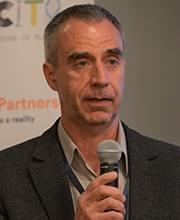
A results oriented and innovative leader who has worked exclusively within the food and pharmaceutical industries for more than 30 years across the Asia Pacific region, Ian possesses a range of experience encompassing broad management of programs and teams, strategy development, sales & marketing/business development, budget setting/planning and innovation programs. He has led teams to develop career path programs for Asia Pacific R&D organisations. Has detailed knowledge of Asia Pacific packaging industry and heightened awareness of all aspects in successfully engaging across a diversity of countries and cultures.


Mr Matt Kovac is the Executive Director at FIA, the food industry’s first regional industry platform that works with 50 multinational, regional and local brands, ingredients and packaging companies as part of its membership. He reports to a board of regional CEOs, presidents and other senior executives that represent a diverse range of food, beverage and ingredients companies.
Matt manages a team of 15 full-time secretariat staff at the non-profit association based in Singapore. He is responsible for delivering policy and regulatory outcomes across sustainability, food safety, trade and health & nutrition on behalf of industry and in collaboration with governments and other critical stakeholders and has full management of the association’s P&L.
Matt sits on a number of voluntary and unpaid committees providing strategic and operational advice such as the Asia Pacific Economic Partnership (APEC) steering committee of the Food Safety Cooperation Forum’s Partnership Training Institute Network; The Singapore Government’s Food Standards Committee that sets standards ranging from e-commerce rules to new plant based products; and an exco member of Singapore’s Future Ready Food Safety Hub (FRESH) that drives food safety research and helps build food safety science capabilities in support of local food innovation.
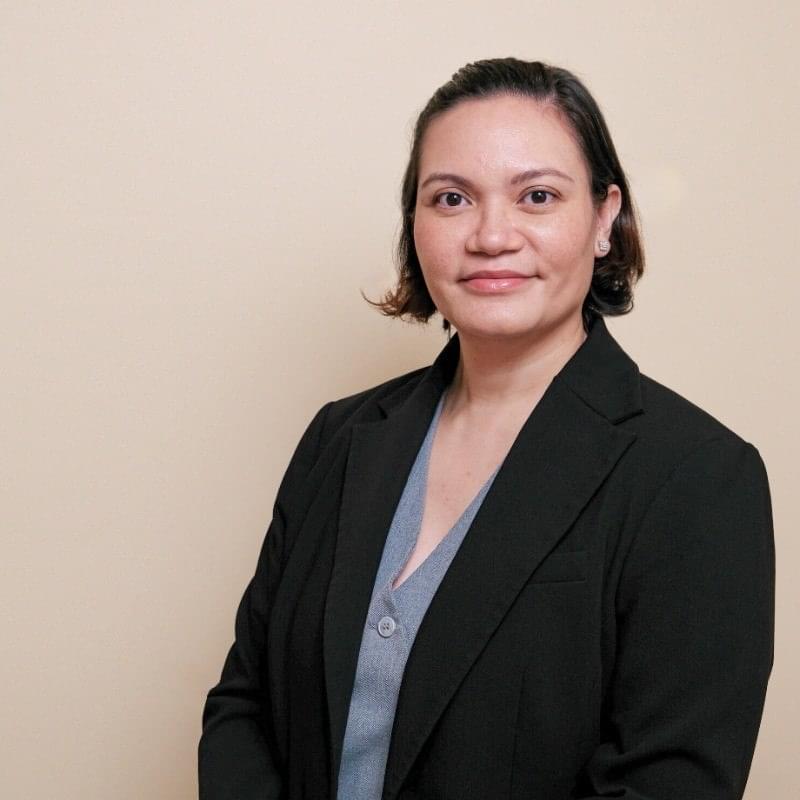
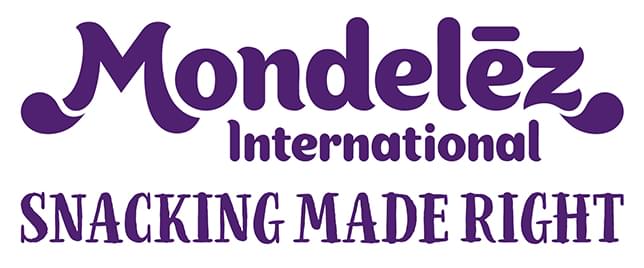
bio coming soon...
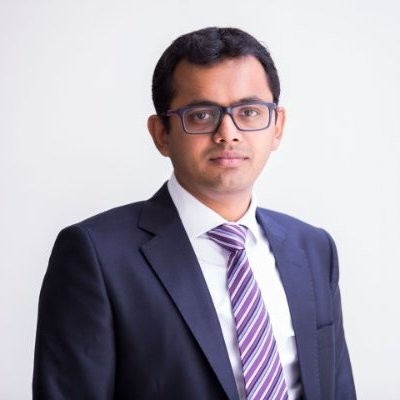
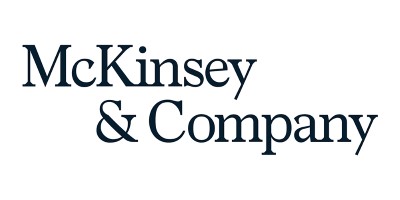
~13 years of experience leading sustainability and growth transformations for large packaging & paper companies. Select projects include
Commercial transformation for a large foodservice packaging company aiming to pivot towards a more sustainable product mix focusing on strategy, key account management, pricing, organization re-design and capability building
Pricing transformation (digital enabled) for a large paper and packaging manufacturer
Organization re-design (commercial focused) for a large corrugated packaging manufacturer
Commercial diagnostic for a flexibles and rigid plastics packaging company
Sustainability strategy development for specialty chemicals manufacturer (key supplier to packaging companies)
Growth strategy for a foodservice packaging manufacturer.
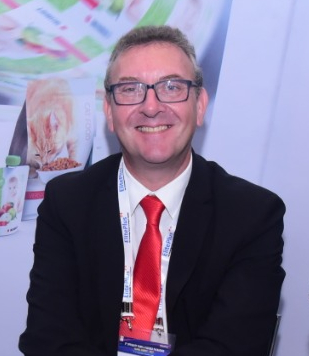
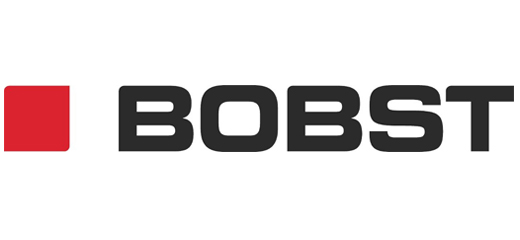
Chris received a BSc (Eng.) Textile Technology at Huddersfield University.
He has a strong technical sales background developed over the last 30 years working in various engineering businesses. He started off his career as a Commissioning Engineer in the textile machinery industry and made his way up into technical sales. He has acquired a wealth of experience in selling high value capital equipment in the Textile and Heavy Industry sectors for leading UK machine manufacturers.
Chris started working for Bobst in 2016 and is now the Sales Director for the Eastern Hemisphere looking after the promotion of Vacuum Metallizing Equipment from the base in Manchester UK.
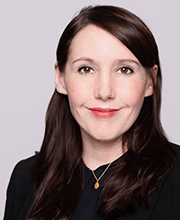

Marika Knorr is the Head of Sustainability and Communication at CCL Label since April 2020 and is dedicated to grow the “Sustainable Product Family” while driving CCL’s Sustainability roadmap. Marika holds a Master‘s Degree in Art from Cologne University and Arizona State University and started her career as a newspaper and magazine writer before moving into Corporate Communications at international companies including TÜV Rheinland, LANXESS AG and Constantia Flexibles. She has held varied and senior positions in marketing and communications and has extensive experience in our industry focusing on sustainability and communication. Marika is based in Cologne, Germany.

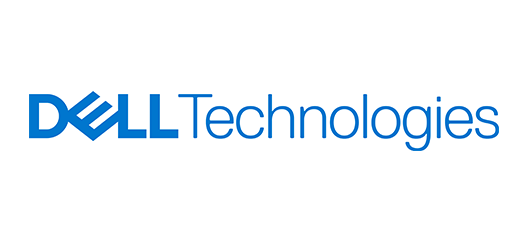
Benicio is a Principal Engineer in Packaging Engineering at Dell Technologies, with over 19 years of Packaging related experiences in the IT industry. He specializes in developing packaging solutions that optimize cost, performance, and sustainability. His experience shows that when sustainable packaging is designed correctly, with the right supply chain, then costs can be at parity or less. As a lead engineer on Dell’s development teams, Benicio was at the forefront of introducing eco-friendly, game changing materials such as Molded Paper Pulp, Ocean Bound Plastic, and Pollution Ink. These packaging solutions offer lower cost and better performance that delights customers and makes a healthier planet.
Benicio holds a B.S. in Industrial Engineering from Chun Yuan Christian University located in Taiwan. His prior experience includes leadership roles at Compal, IBM and Inventec. In his free time, Benicio enjoys traveling, weightlifting, and most of all, playing board games with his three lovely daughters.


Annina is Investment Manager with focus on agrifood & packaging at Emerald’s Zurich office (CH), Annina has been involved in several investments in the agrifood and packaging space over the last couple of years (Believer Meats, Imagindairy, Meeat FoodTech, Vytal).
• Environmental Scientist by training (ETH Zurich)
• Worked in research at agricultural department of ETH before joining Emerald beginning of 2018
• Responsible for sourcing and analyzing potential investment opportunities, always with a focus on developed technologies
• Important part of her work is regular exchange with LPs – sourcing interesting technologies which could strategically be interesting for them

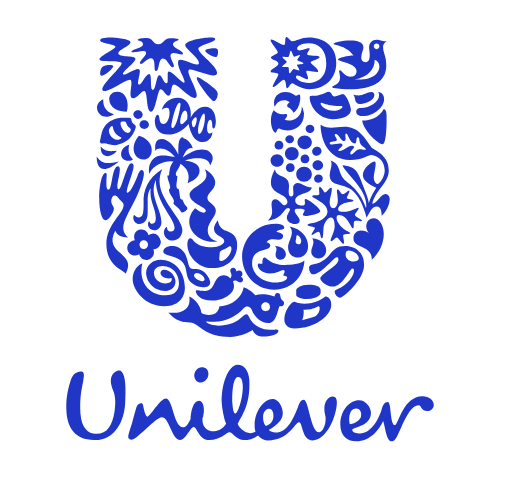
Bio coming soon...
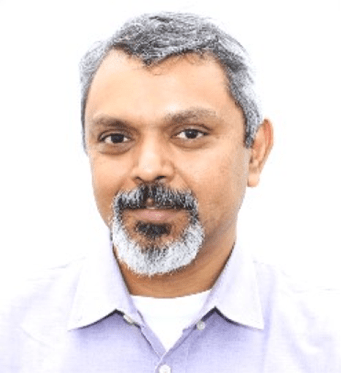
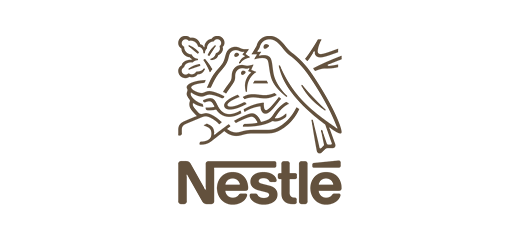
Im a passionate individual with keen interest in Packaging Engineering – machine & materials. I appreciate the dynamic nature of this industry, the advances we have made in the last few years and amazed at how every single problem is converted into an opportunity. I also have the opportunity to observe and learn about the consumer preferences in various geographies.
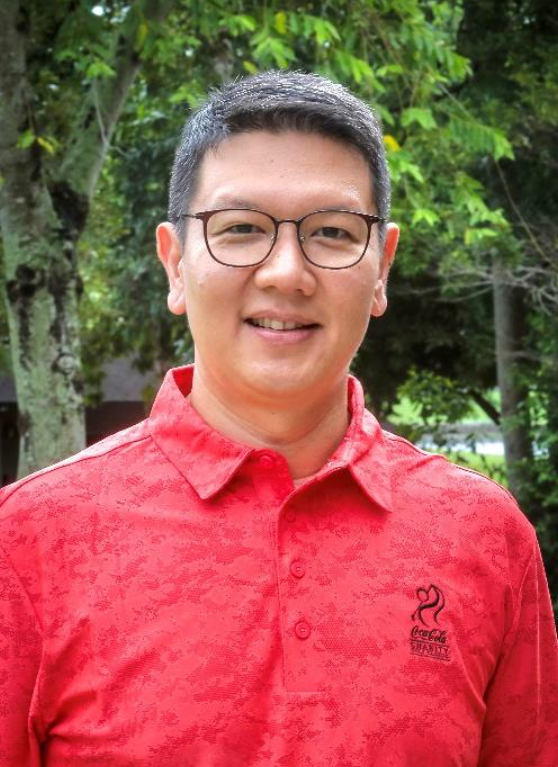

Attorney Marc Anthony Cruz Cox (Marc) is the Director for Stakeholder Relations of Coca-Cola Beverages Philippines, Inc. (CCBPI).
In this role, Marc leads the company’s strategic partnerships with key stakeholders, which include national government agencies, local government units, industry groups and foreign chambers, NGOs, and partner communities to advocate issues of close concern to CCBPI.
In the area of sustainability and policy, Marc is leading the company’s initiatives toward establishing a more robust circular economy for sustainable packaging — as aligned with The Coca-Cola Company’s World Without Waste vision: to collect and recycle 100% of its plastic and can packaging by 2030, which ties in with CCBPI’s program to ensure compliance with the Philippines’ Extended Producer’s Responsibility (EPR) law, which took effect in August 2022.
Marc likewise represents CCBPI as a Director in PETVALUE Philippines Corporation— the company’s joint venture with Indorama Ventures Limited of Thailand. PETVALUE Philippines is the country’s first food-grade bottle-to-bottle PET recycling facility which commenced operations recently (2022). Through his leadership, PETVALUE Philippines was granted pioneer investment status by the Philippines’ Department of Trade and Industry -Board of Investments in December 2020, further paving the way for a truly world-class recycling enterprise to be established locally.
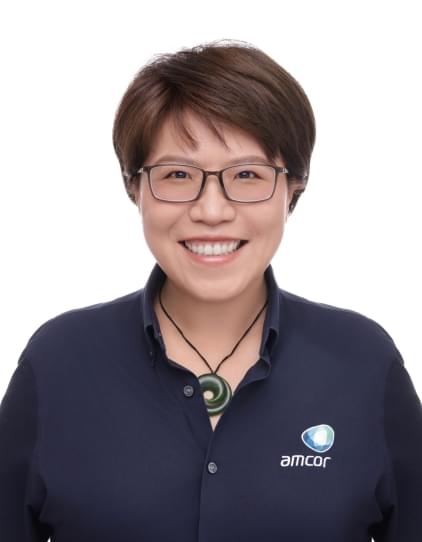
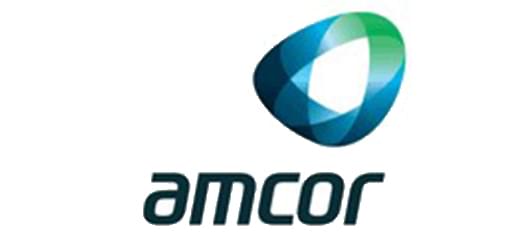
Angela Huang is a results-driven leader with over a decade of experience in strategy design, business development, new product commercialization in the packaging industry across the Asia Pacific region. Drawing on her MBA from Darden Graduate School of Business and management consulting background, she has led cross-functional teams to deliver value and growth for FMCG customers. Angela's passion for transforming complex challenges into growth opportunities positions her at the forefront of packaging industry advancements.


Filipe Vieira de Castro leads Recycling Intelligence operations at CIRCPACK, where he drives projects on targeted recycling topics and the development of the unique ReCoRe platform. With a strong international background in sustainability and specialised consulting, Filipe applies his knowledge to bridge theory with practical operations, delivering real solutions in an industry that is constantly evolving. He specialises in global collection, sorting, and recycling systems, as well as supporting systems including, EPR, DRS, and labelling, as well as the production of real recycling rates, among other areas.

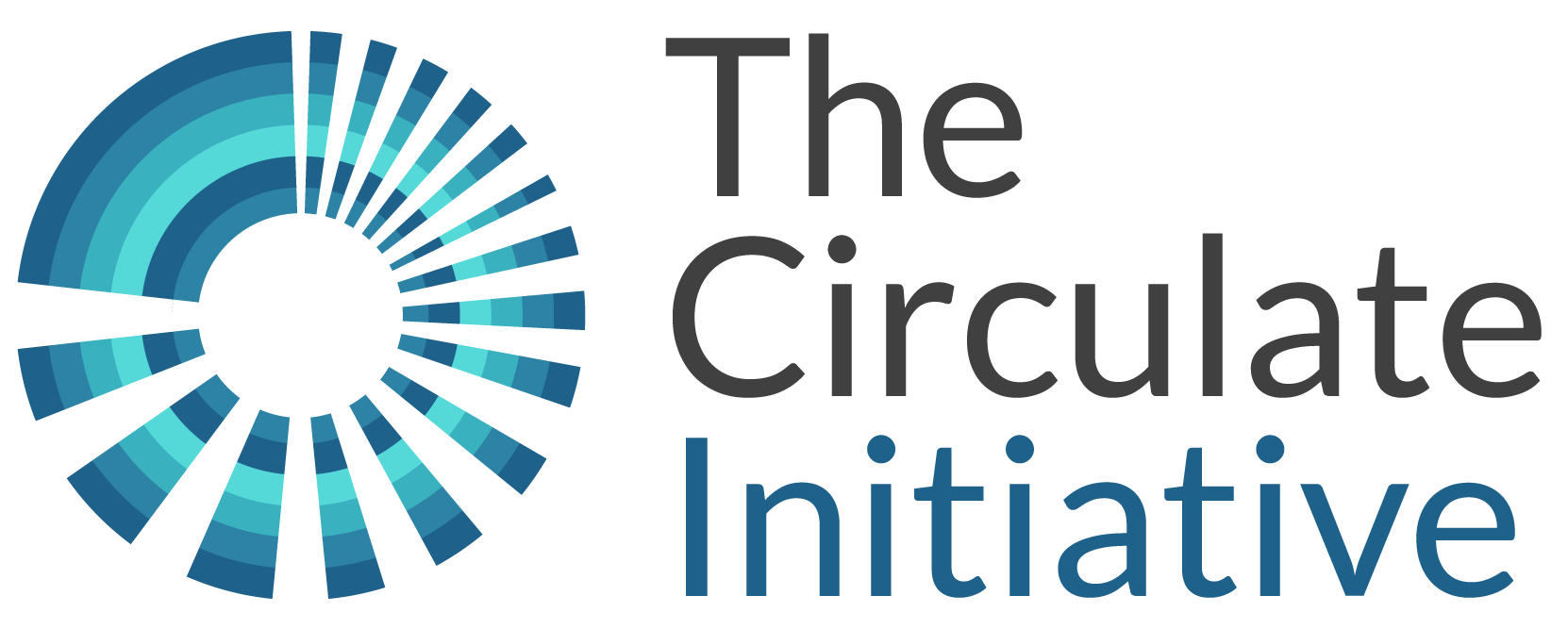
Juline is a Research Analyst at The Circulate Initiative, a nonprofit organization committed to solving the ocean plastic pollution challenge and advancing the circular economy in emerging economies. Juline is a core member of the Research team, which focuses on insights, analysis and tools to fill critical gaps in the plastics circularity space. In her role, she scopes and researches on diverse circularity-linked themes and supports the team on the management of projects. Her current portfolio of work is aimed at enabling decision-makers with the required tools to drive additional capital flows to tackling the plastic pollution problem. Juline is a key contributor to The Circulate Initiative's Plastics Circularity Investment Tracker, the world's first and only tool tracking private investments that drive a circular economy for plastics. She has written and contributed to several thought leadership articles on the topics of responsible sourcing and the importance of promoting transparency in supply chains.
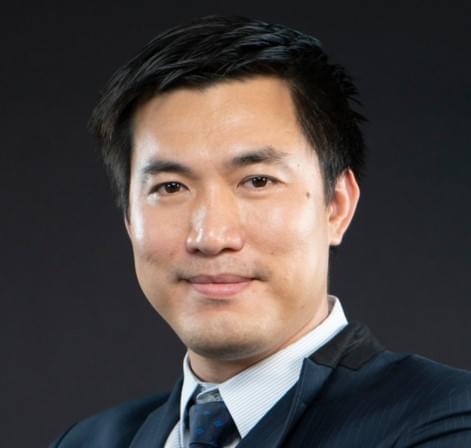

Mr. Le Anh received a master's degree from Maastricht University in the Netherlands. As DUYTAN Recycling's Sustainability Director, Mr. Le Anh plays an important role in promoting sustainable development programs and external affairs to realize business strategies in line with the company's vision. He has successfully connected the company with major brands and partners and cooperated with organizations and associations in the industry to carry out activities and initiatives related to sustainable development, contributing to promoting sustainable development and propelling the future economy.

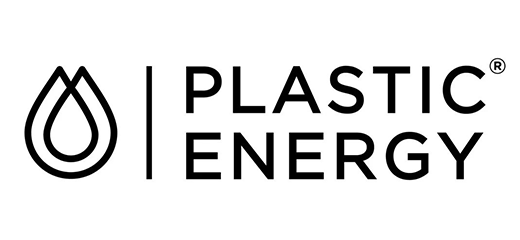
Plastic Energy is a leader in the chemical recycling of end-of-life plastic waste. Since 2019, Ying has led Plastic Energy’s commercial and project activities in Asia, developing a pipeline across the region from the company’s Asian base in Singapore. She also holds the role of Chief Sustainability Officer and is a member of the company’s Senior Management Team with responsibility for the company’s overall sustainability strategy. Ying started her career in the British Government, where she led research in 10 Downing St and served a number of roles working in national transport and international development, and was previously Head of Asia at strategic advisory firm Global Counsel. Ying also has capital markets experience and is a CFA charter holder.

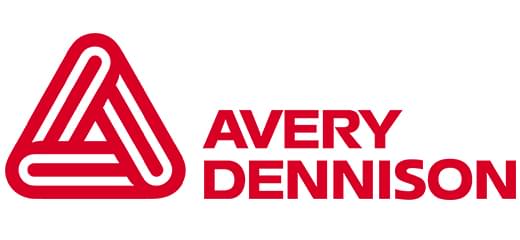
As the Sustainability Manager at Avery Dennison, Kejin brings over six years of expertise in the pressure-sensitive label industry, working closely with brand owners to drive sustainable and innovative packaging solutions. Now leading the company's sustainability agenda across the AMEA region, she collaborates with industry bodies, government associations, recyclers, and key ecosystem stakeholders to advance eco-design principles in packaging—paving the way for a more circular and sustainable future.


Chommanad Thammanayakatip is NexantECA Principal based in Bangkok. She has managed a diverse range of energy and chemical engagements, including various sustainability projects for international and national industry participants as well as financial institutions across all major regions. Chommanad has extensive experience in providing support on all aspects of project development, feasibility study, strategic planning, market entry, technical assessment, etc. across a wide range of value chains and industry sectors.


Patinya is a seasoned professional in the food and beverage packaging industry, with over 25 years of experience. He excels in supporting customers and collaborating with key stakeholders to advance the sustainability agenda. With a robust academic background in Food Science and Technology Management, Patinya brings extensive expertise in marketing, sales, international business, procurement, supply chain, and sustainability.
His specialties include Extended Producer Responsibility (EPR) advocacy, packaging waste collection and recycling, and sustainable packaging design. Patinya works closely with government bodies, NGOs, and industry leaders, making him a sought-after speaker at numerous sustainability forums. He also serves as a board member of the Thailand Institute of Packaging Management and Recycling for Sustainable Environment (TIPMSE) under the Federation of Thai Industries.
Patinya holds a bachelor in product development from Department of Food Science and Technology, Kasetsart University in Thailand, and a master’s in technology management from Mercer University Atlanta campus in the USA.

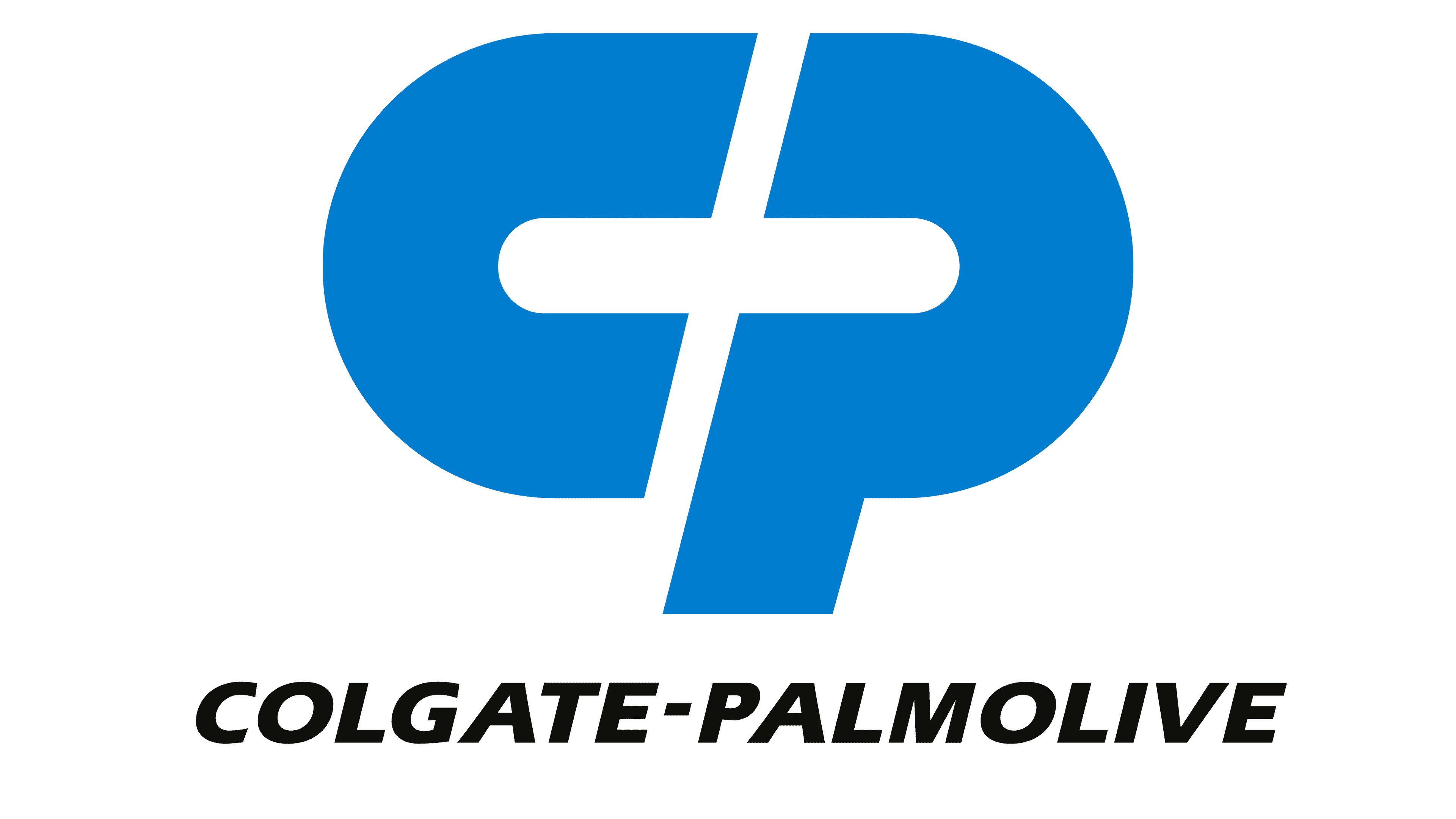
As Colgate-Palmolive’s Packaging Sustainability Innovation Manager for APAC, Tze leads the development, deployment, and advocacy of Packaging & Plastics Sustainability programs to advance Colgate’s key packaging sustainability goals within APAC. She is also responsible for building external engagement networks for packaging sustainability with NGOs, Government Agencies, Recycling Value Chain and Infrastructure, Packaging Suppliers, and other organizations. Prior to joining Colgate-Palmolive, Tze was a Circular Packaging Manager at Danone. She was responsible for sourcing, evaluating, and monitoring projects and partnerships contributing to Danone brands’ sustainability and circularity targets. In addition, Tze was a consultant at the World Bank, where she provided advisory on projects related to the circular economy, private sector competitiveness, and plastic value chain analysis.
Tze is an advocate for a zero-waste lifestyle and volunteers as a speaker and content creator for Zero Waste Malaysia. Tze graduated with a Master in Public Policy from Harvard Kennedy School and BSc in Economics from London School of Economics.
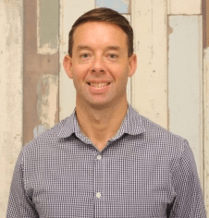

Craig is a Senior R&D Leader within the FMCG industry with 20 years experience across multiple categories and geographies having lived and worked in the Australasia, Europe and Asia markets. He has a specialization in driving Sustainable and Circular end to end Packaging innovations and solutions.
Based at the FrieslandCampina Development Centre Singapore for the last 4 years in a Regional R&D Leadership Role, he holds a Bachelors degree in Food Technology from Massey University, New Zealand (his original home country).
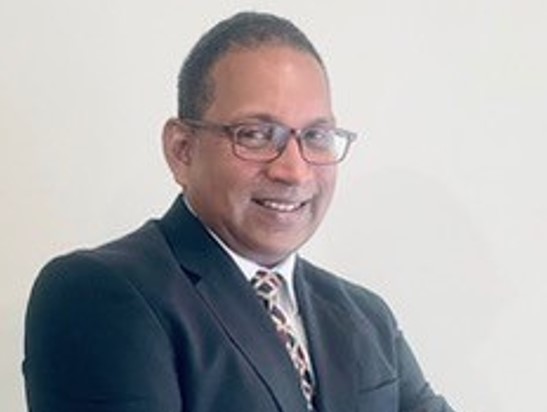
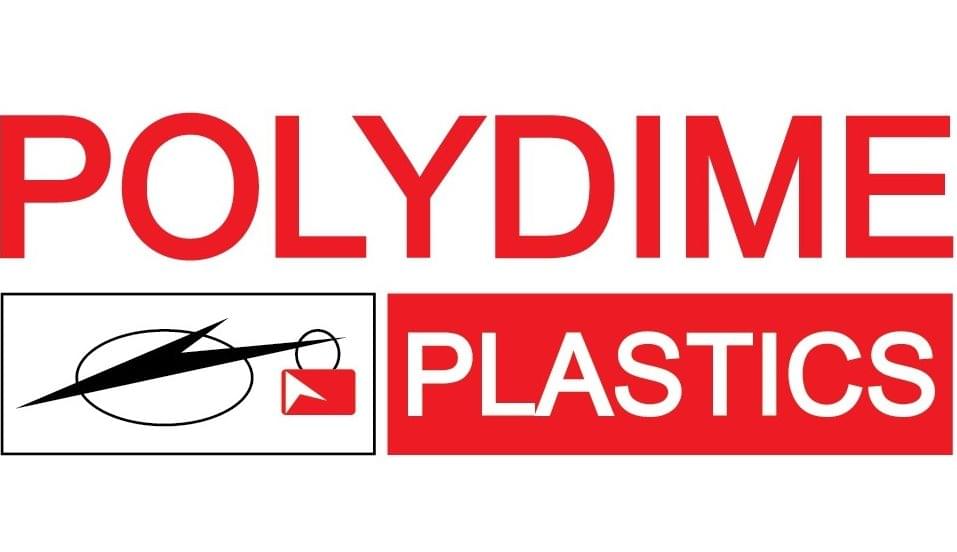
With a Masters in Business Management from the University of Wales UK, Johann has a 30-year career spanning the Packaging, Food and Tea Export Industries where he managed both local and regional roles. He currently overlooks the Innovation, Sales and Marketing divisions at Polydime Plastics Industries that has its footprint in Sri Lanka and India. His passion is the development of “Sustainable Packaging” which has earned him a position on the board of the Sri Lanka Institute of Packaging. This has taken him to many local and global forums as resource person that include the United Nations, Asian Packaging Foundation and The World Packaging Organisation.
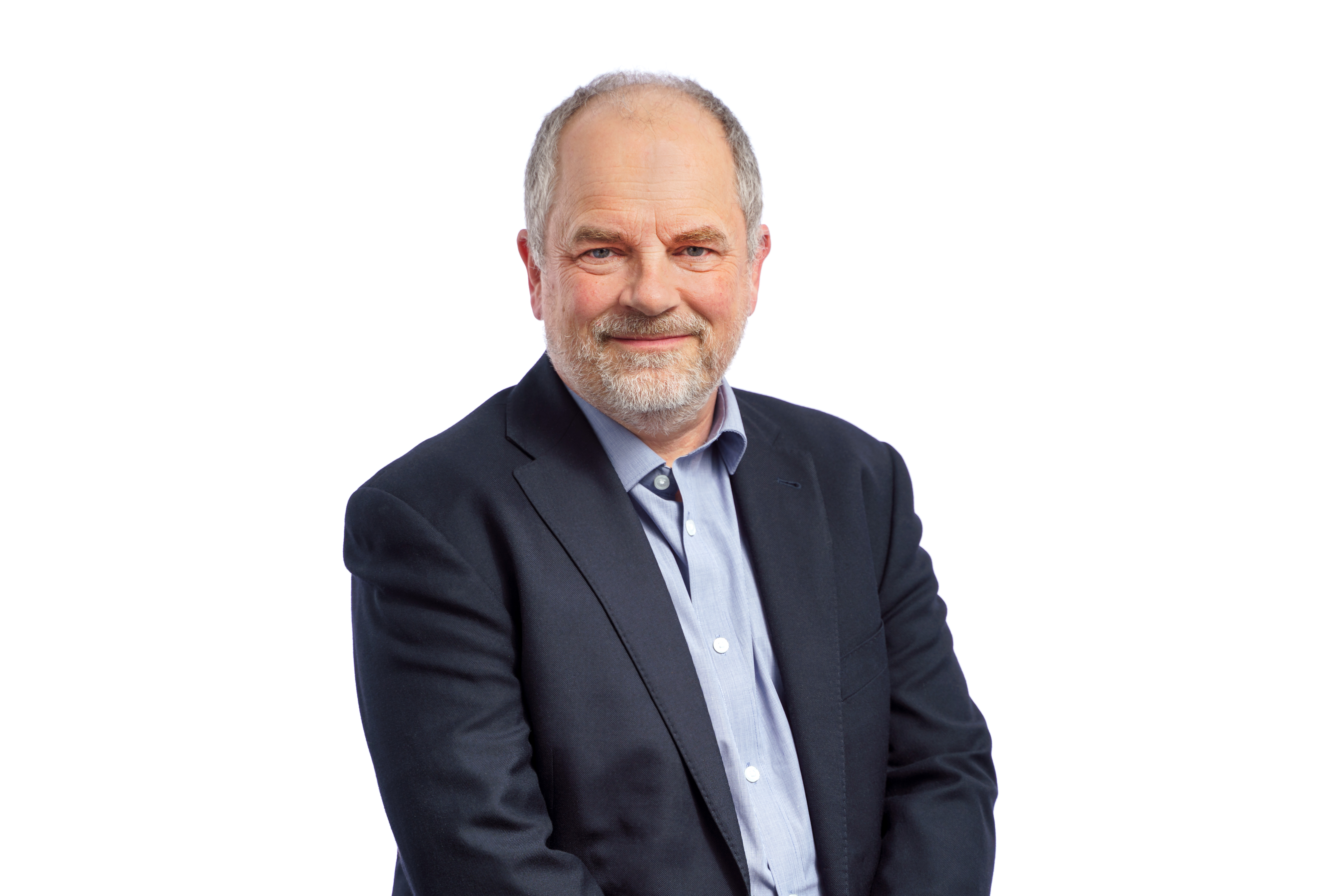

• Alistair is a subject matter expert in the Food Contact Safety Team at Smithers. This involves advising clients on the safety legislation which applies to food packaging in a wide range of different countries throughout the world and coordinating work programmes to ensure that clients' products meet these requirements.
• His expertise spans all the EU countries, USA, Japan, Australia, New Zealand, Canada, Israel, Russia and South America.